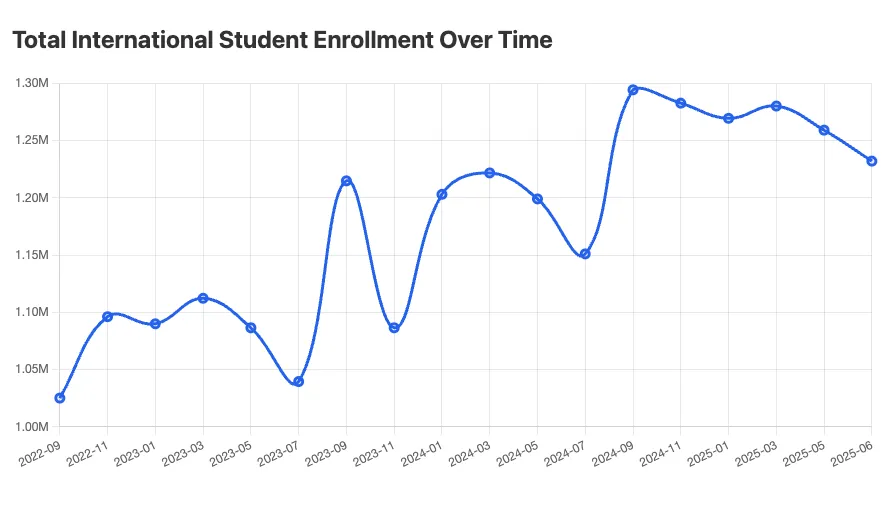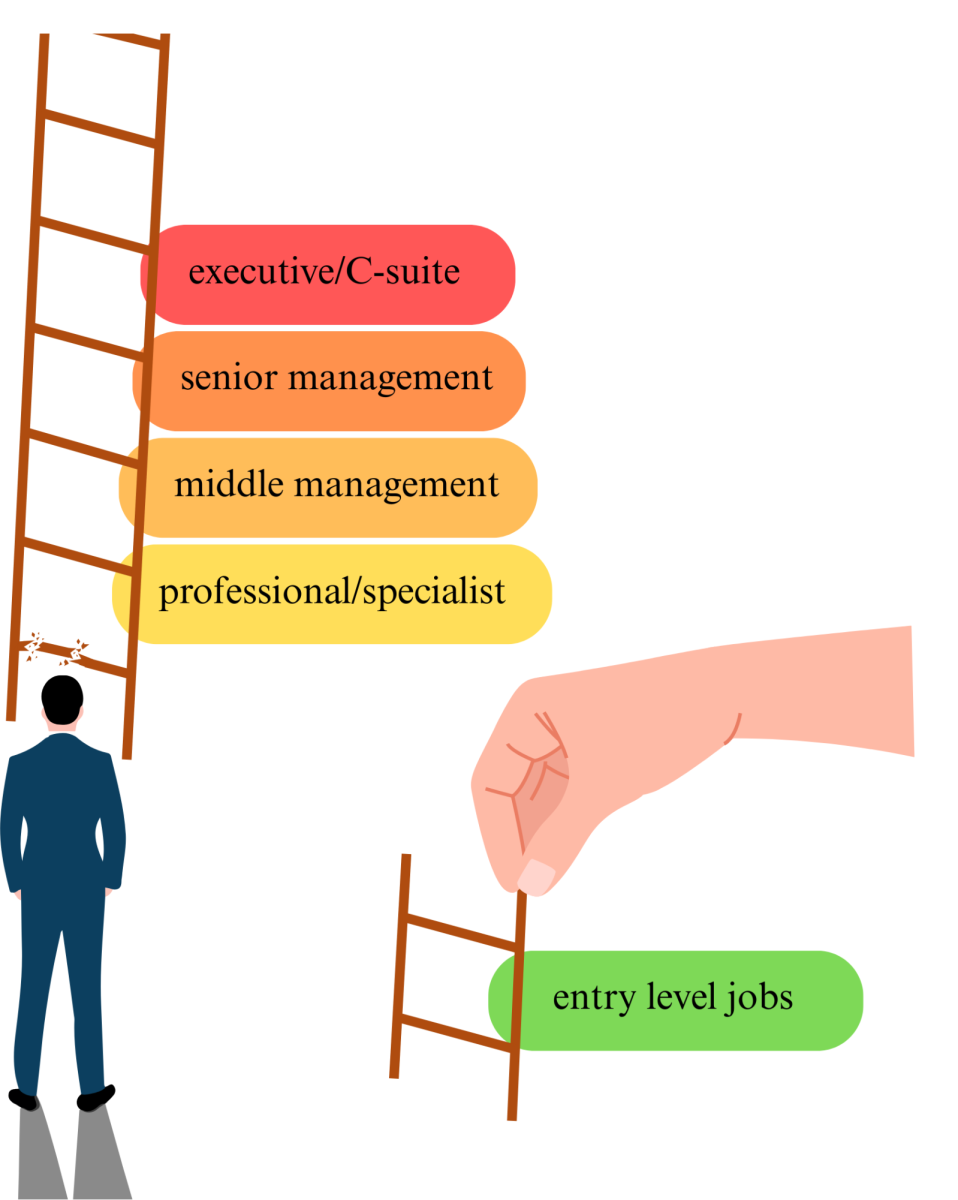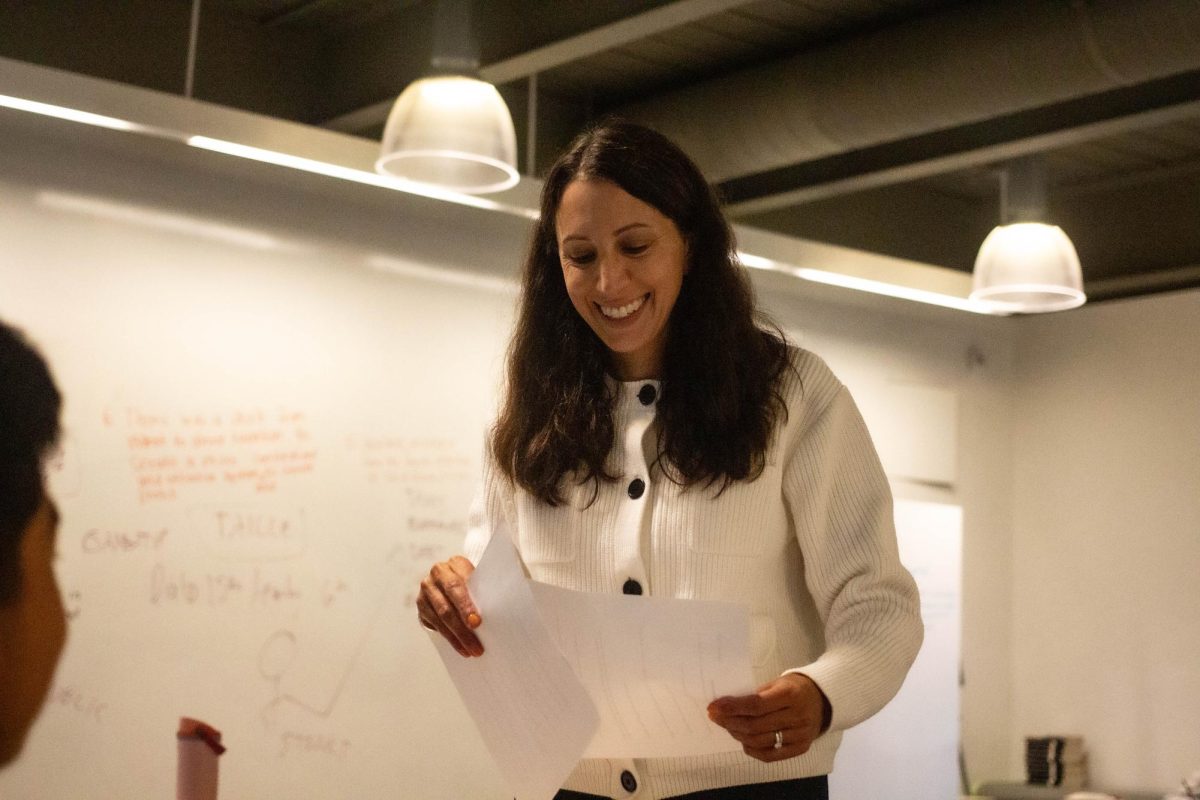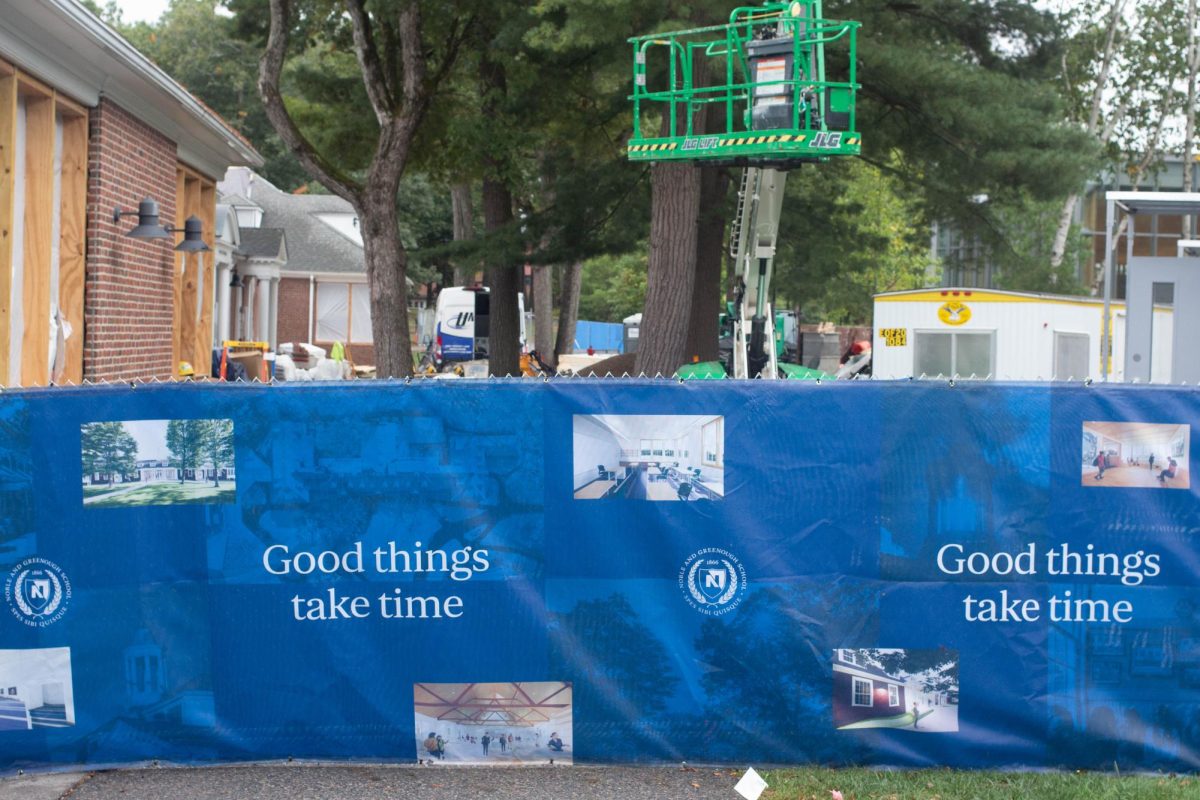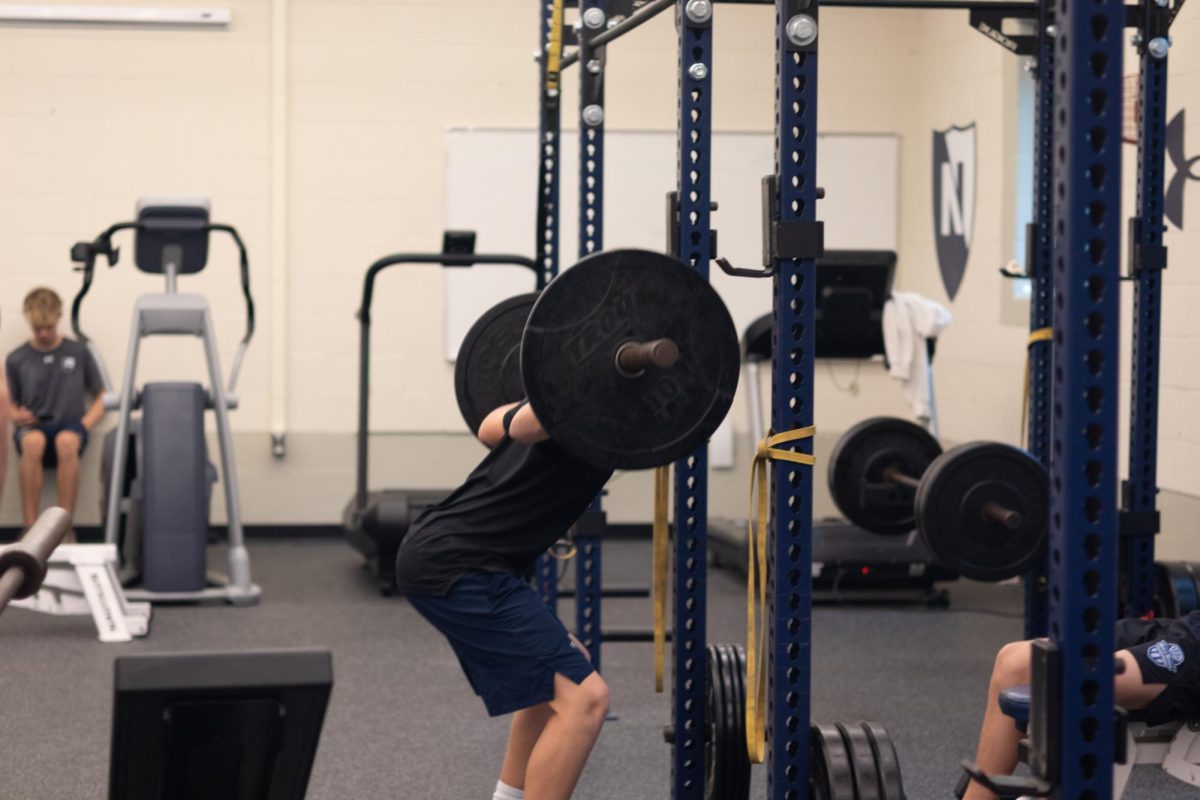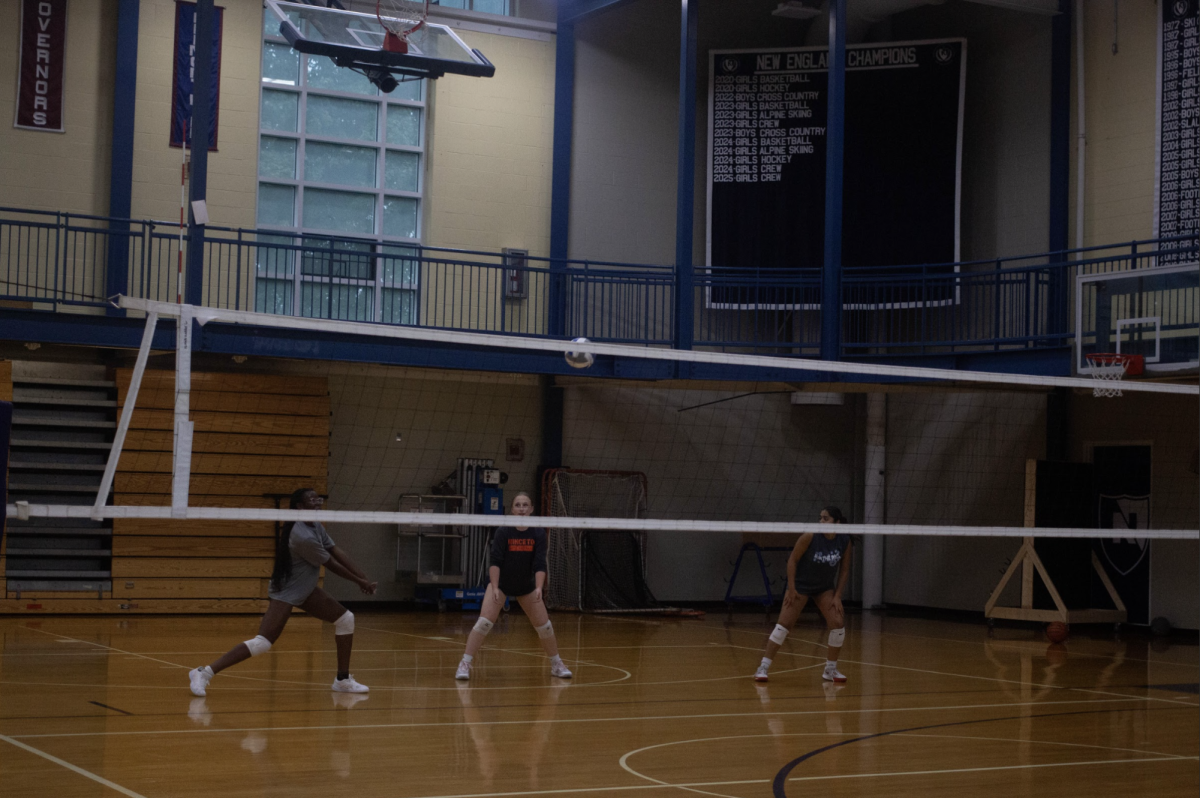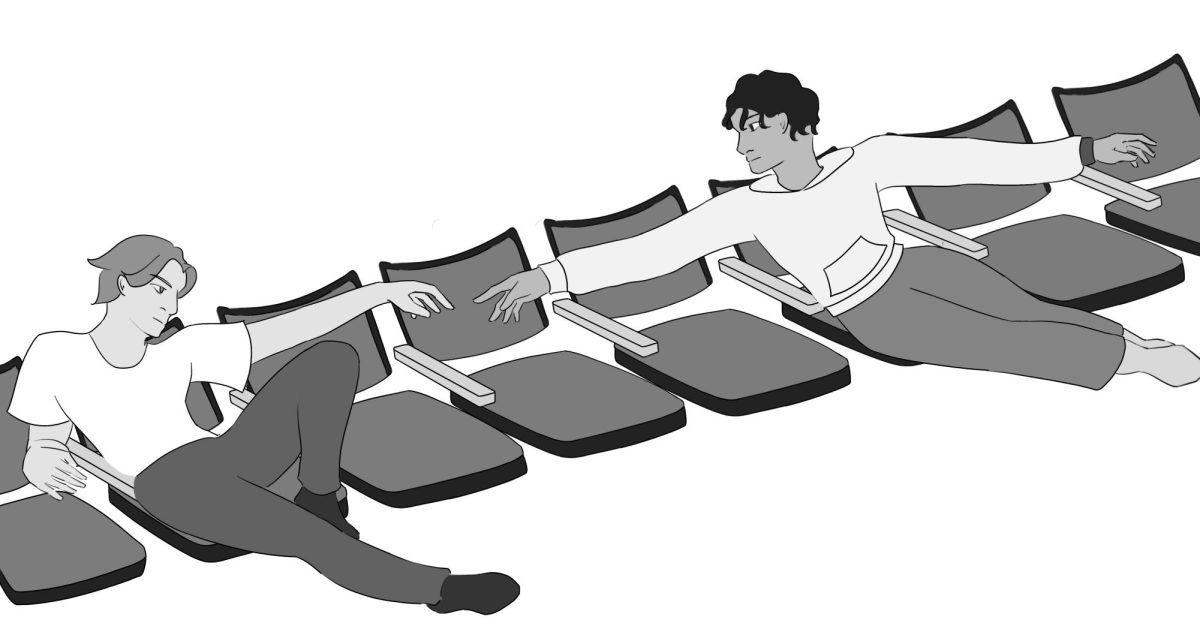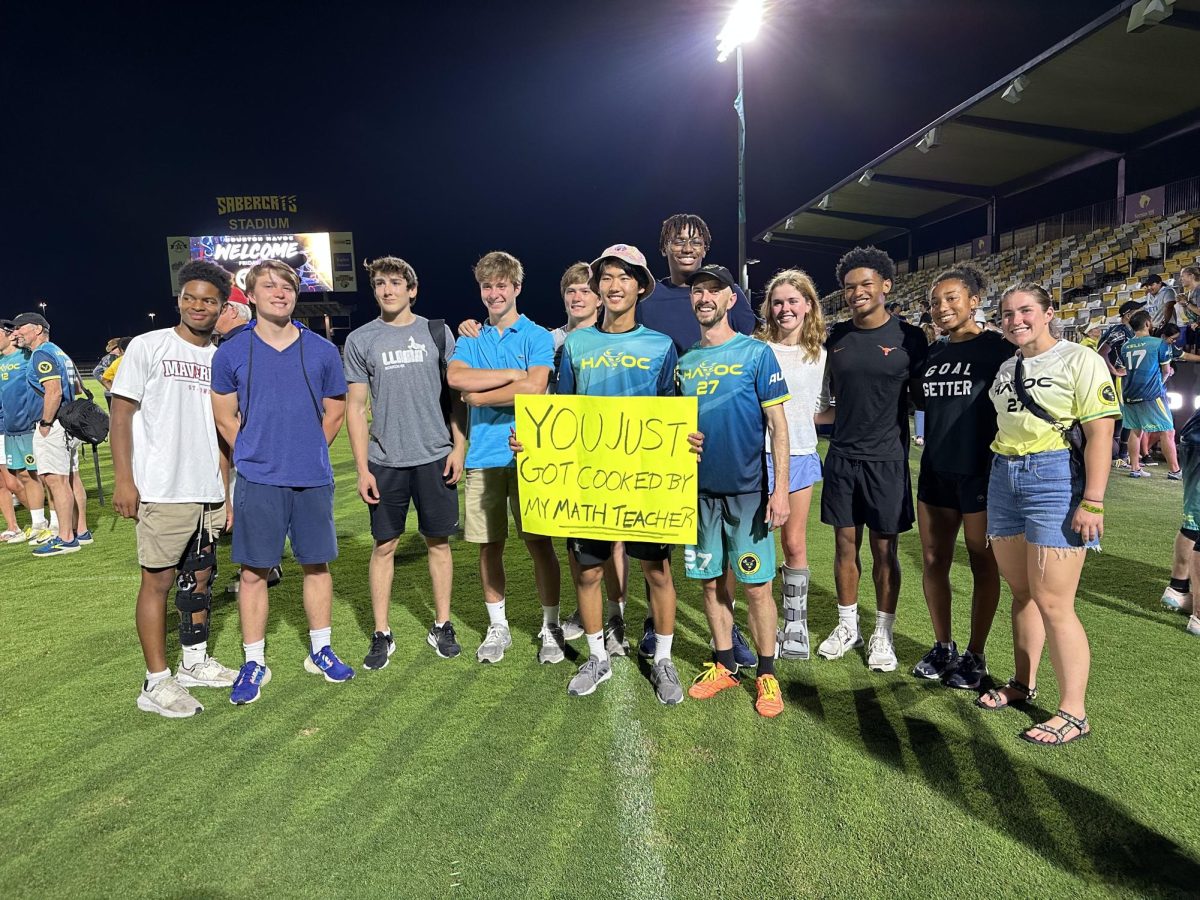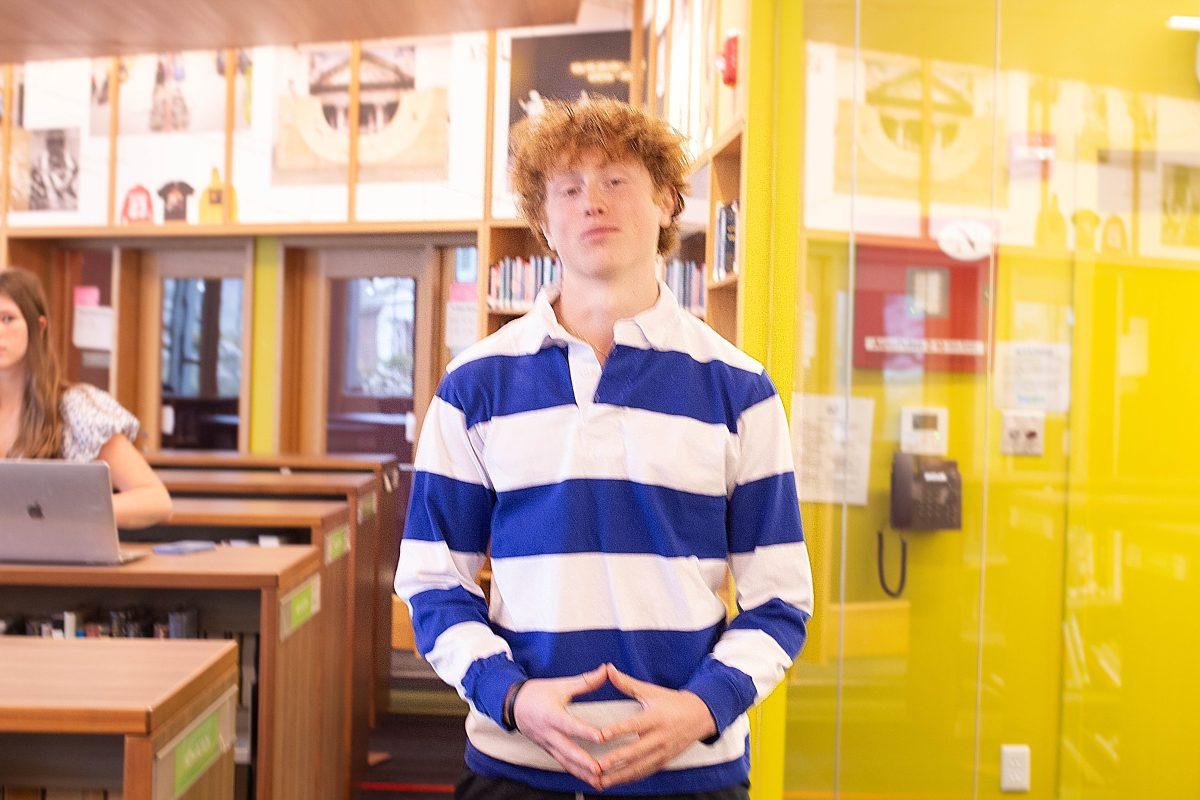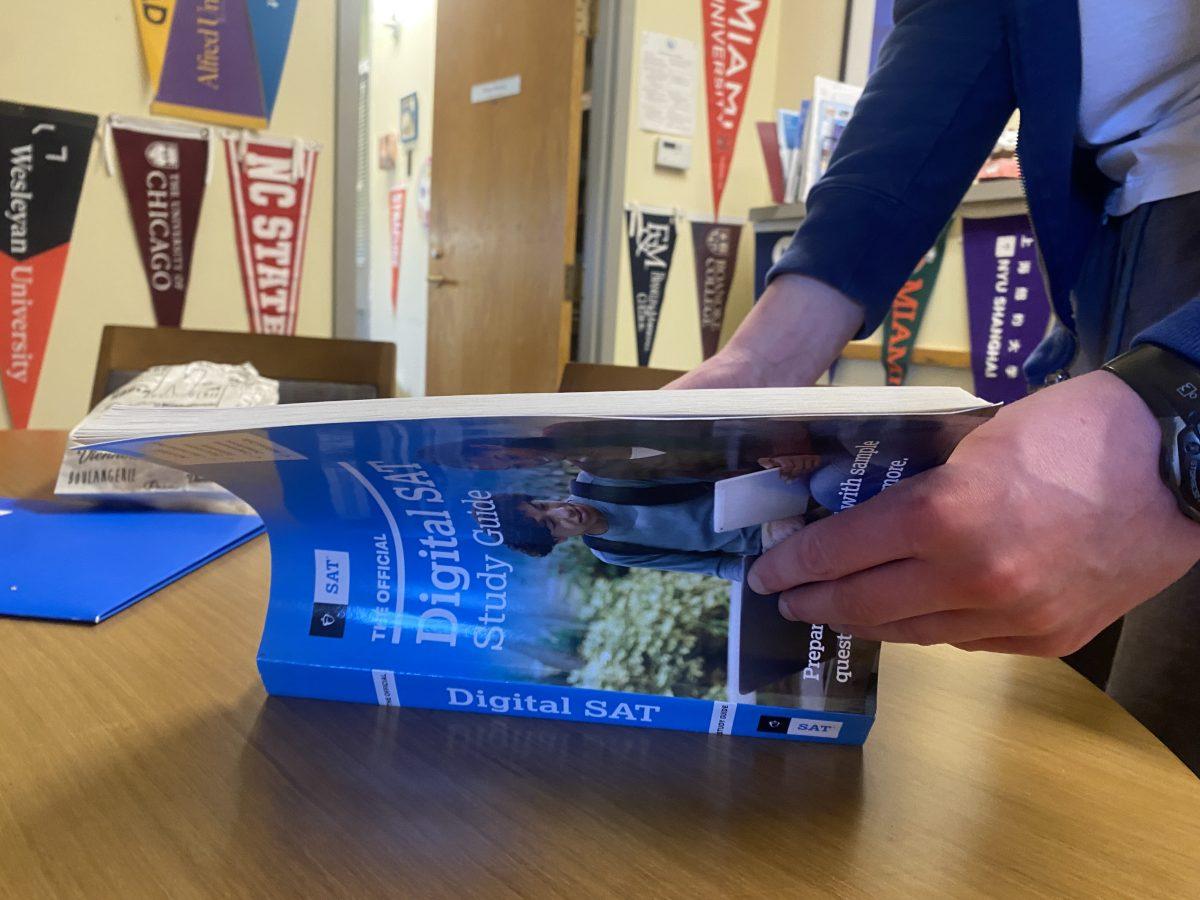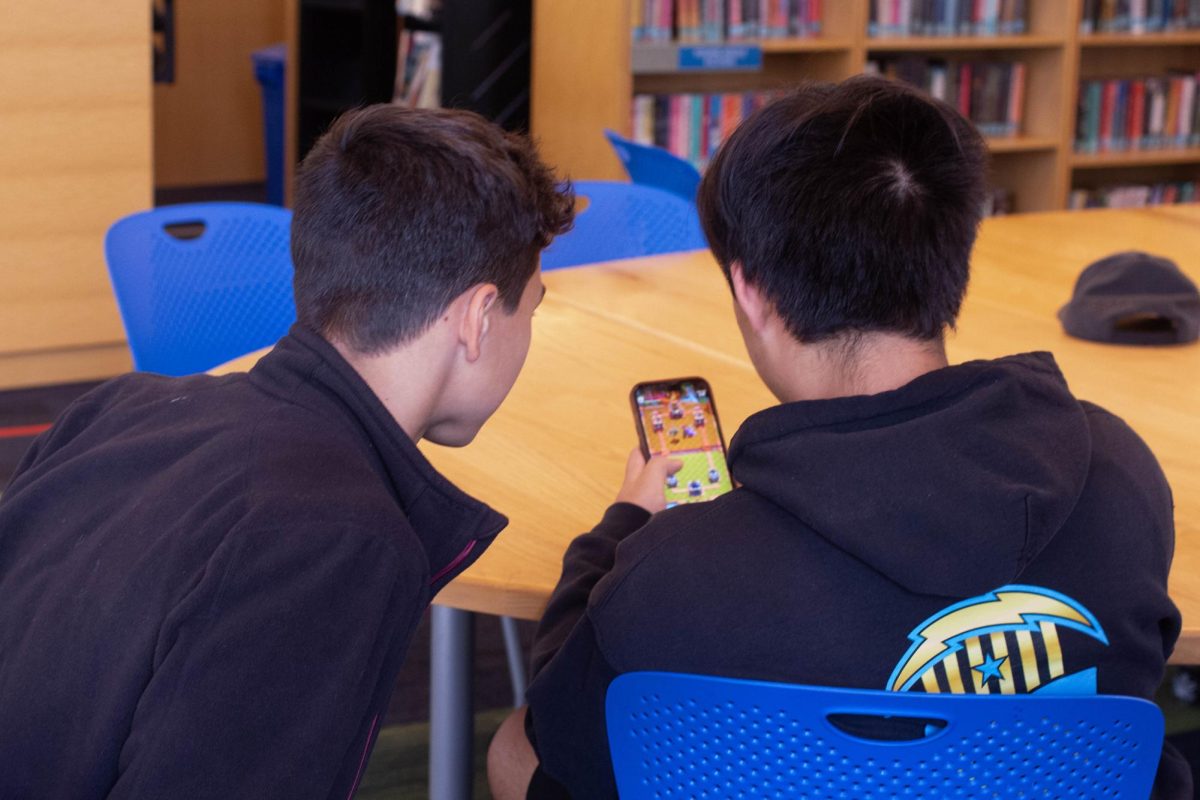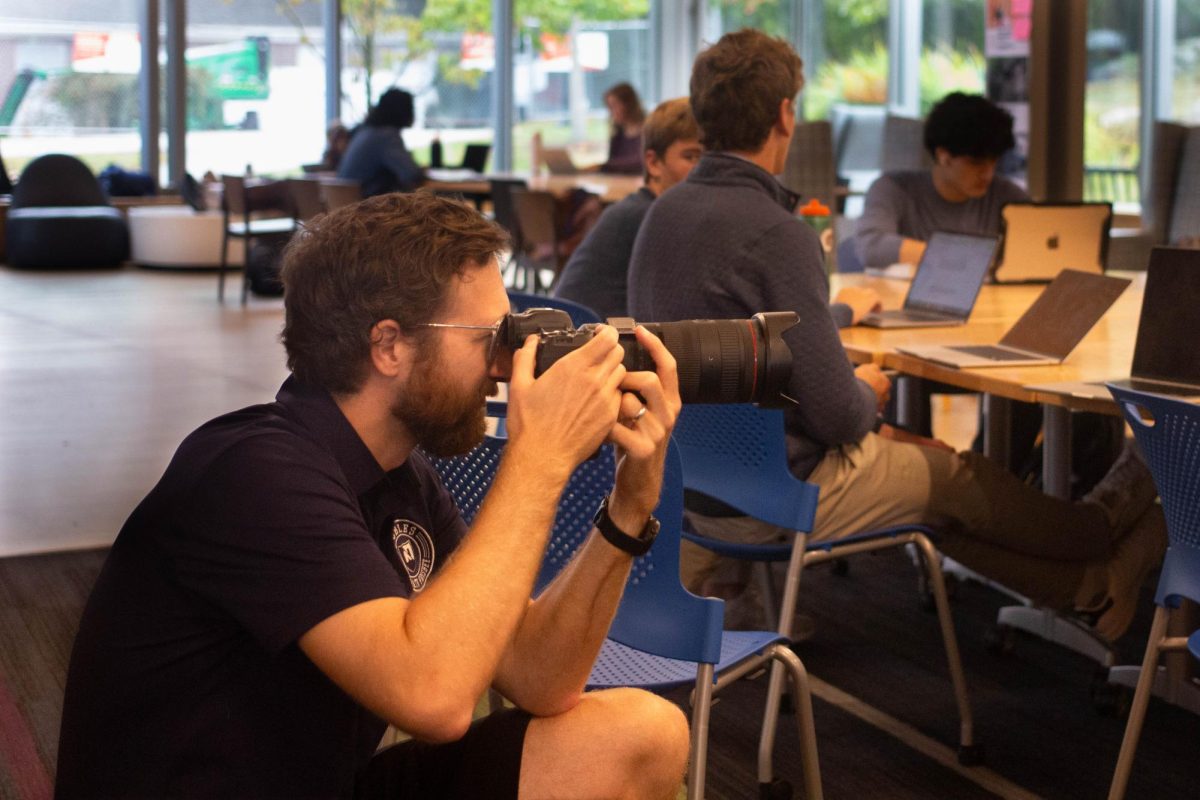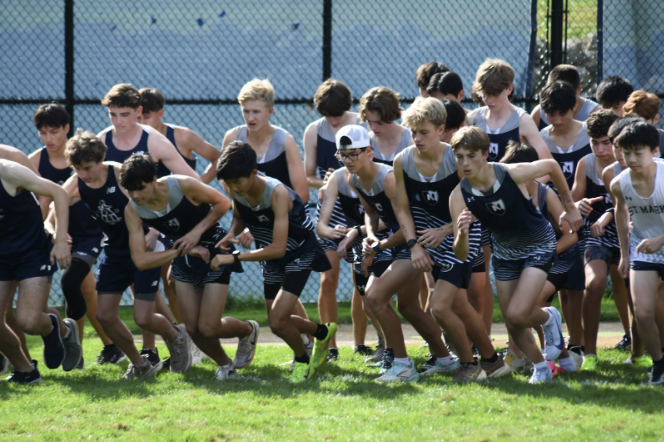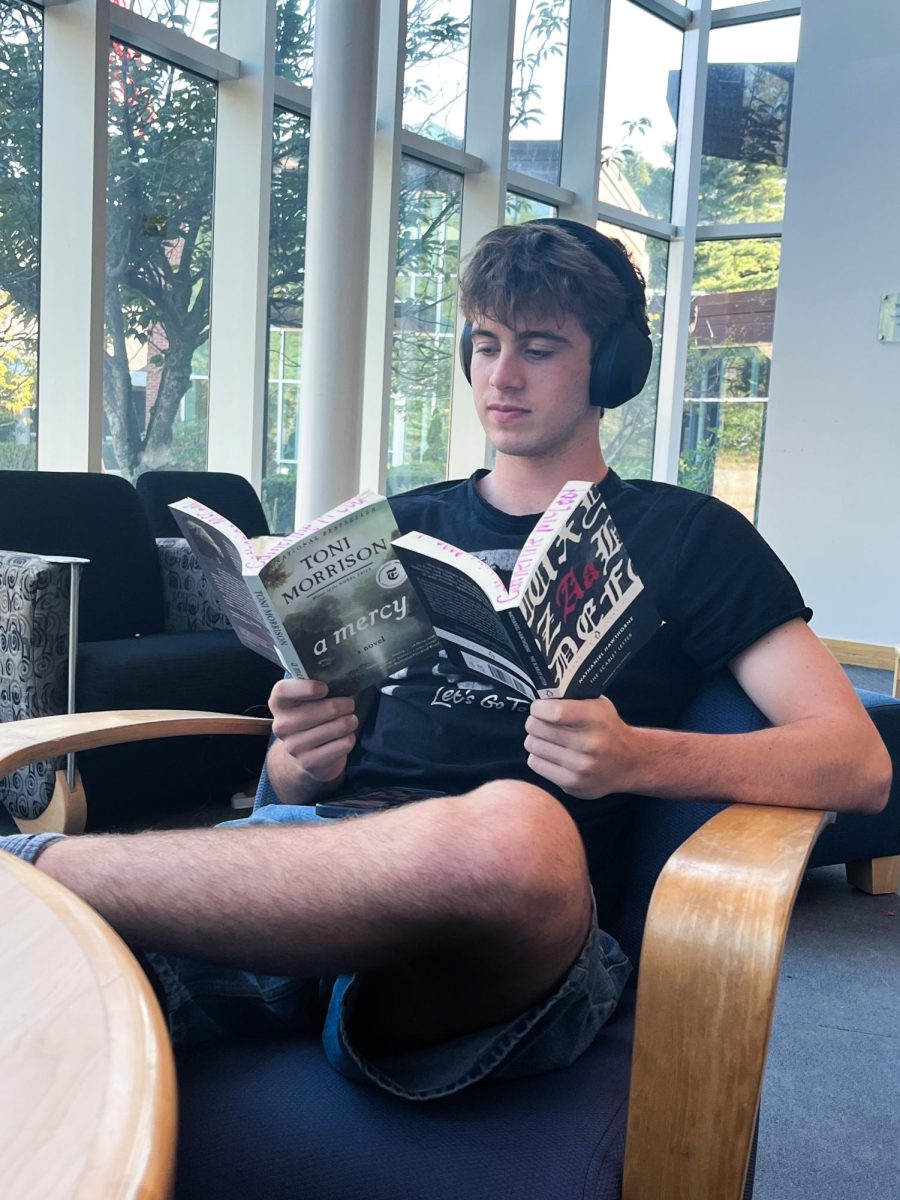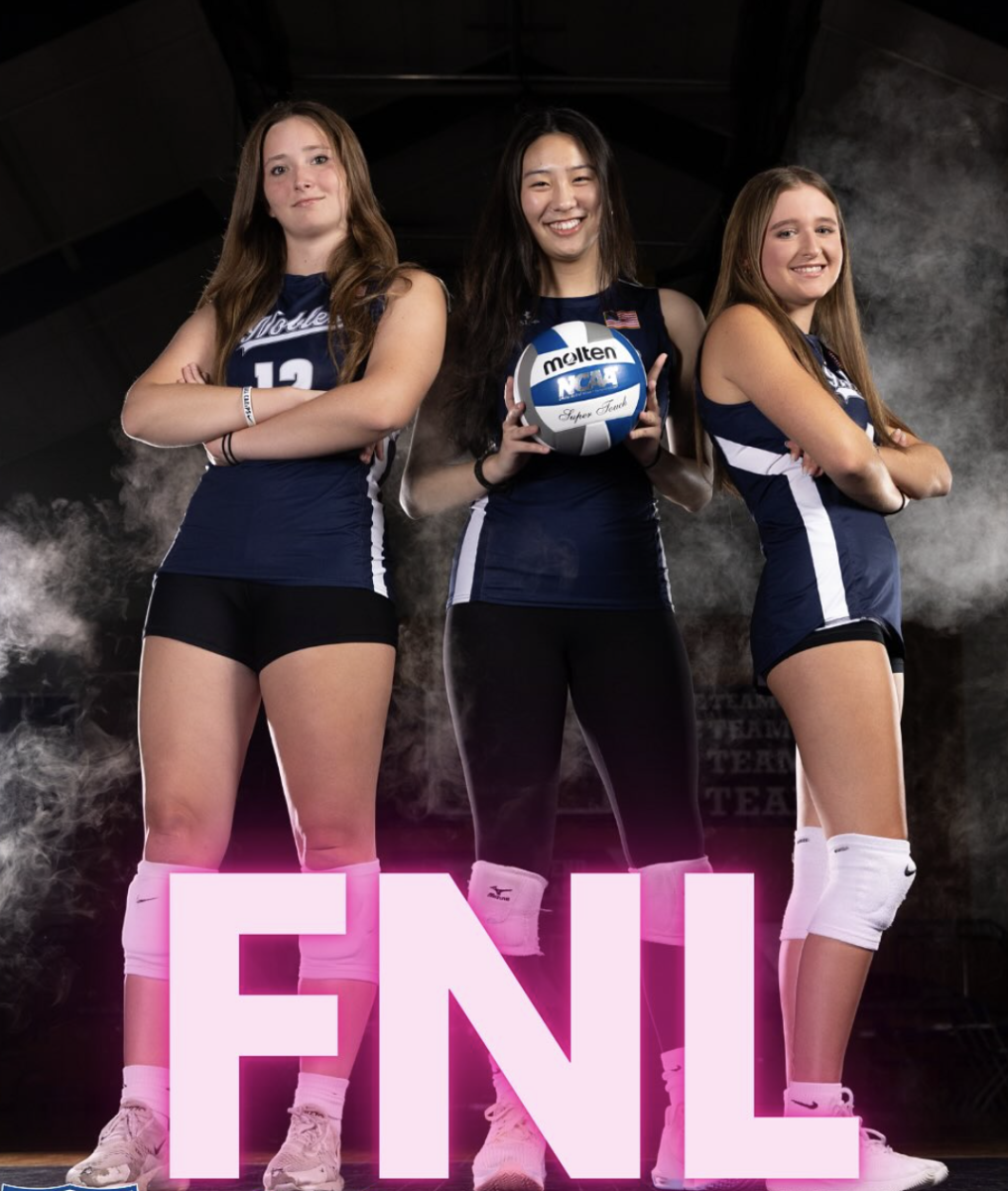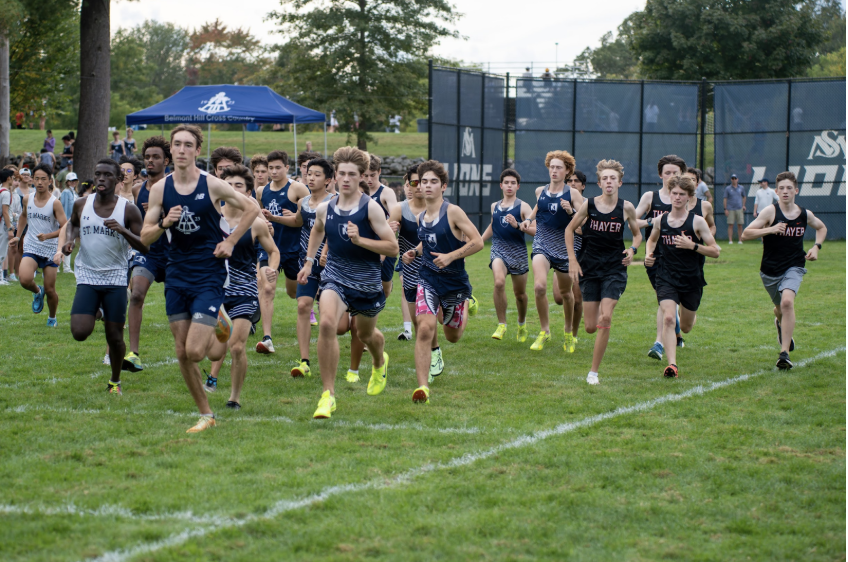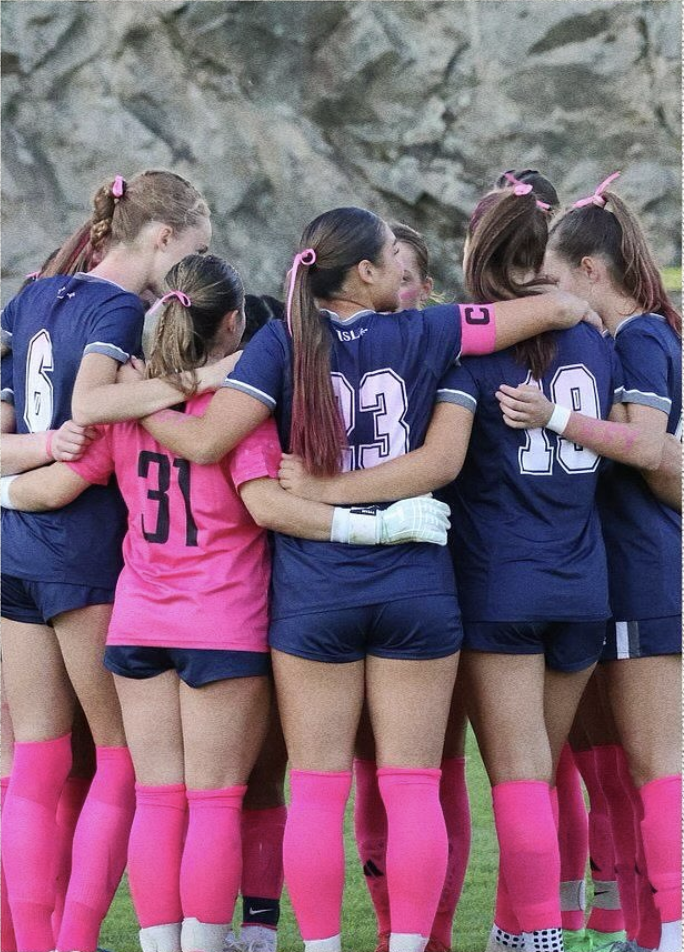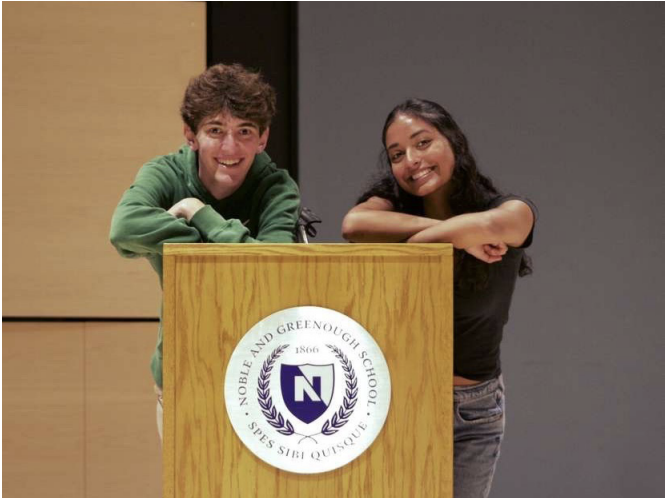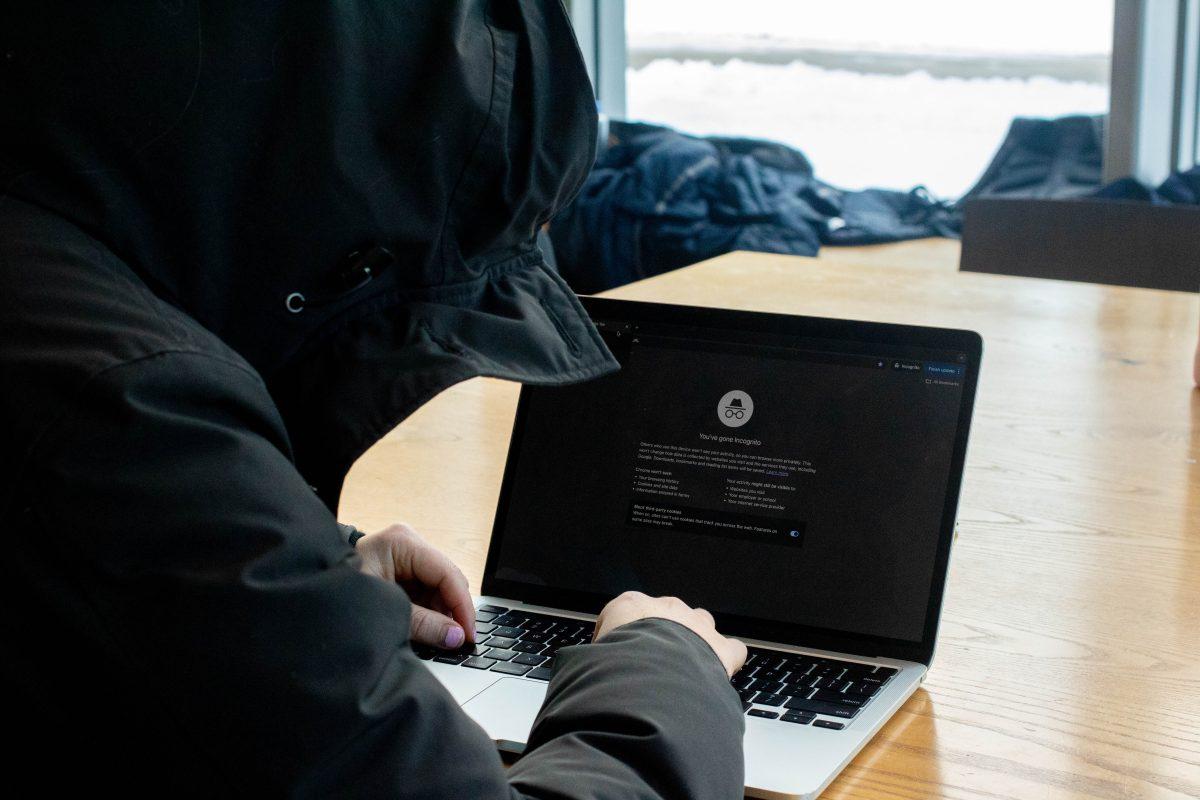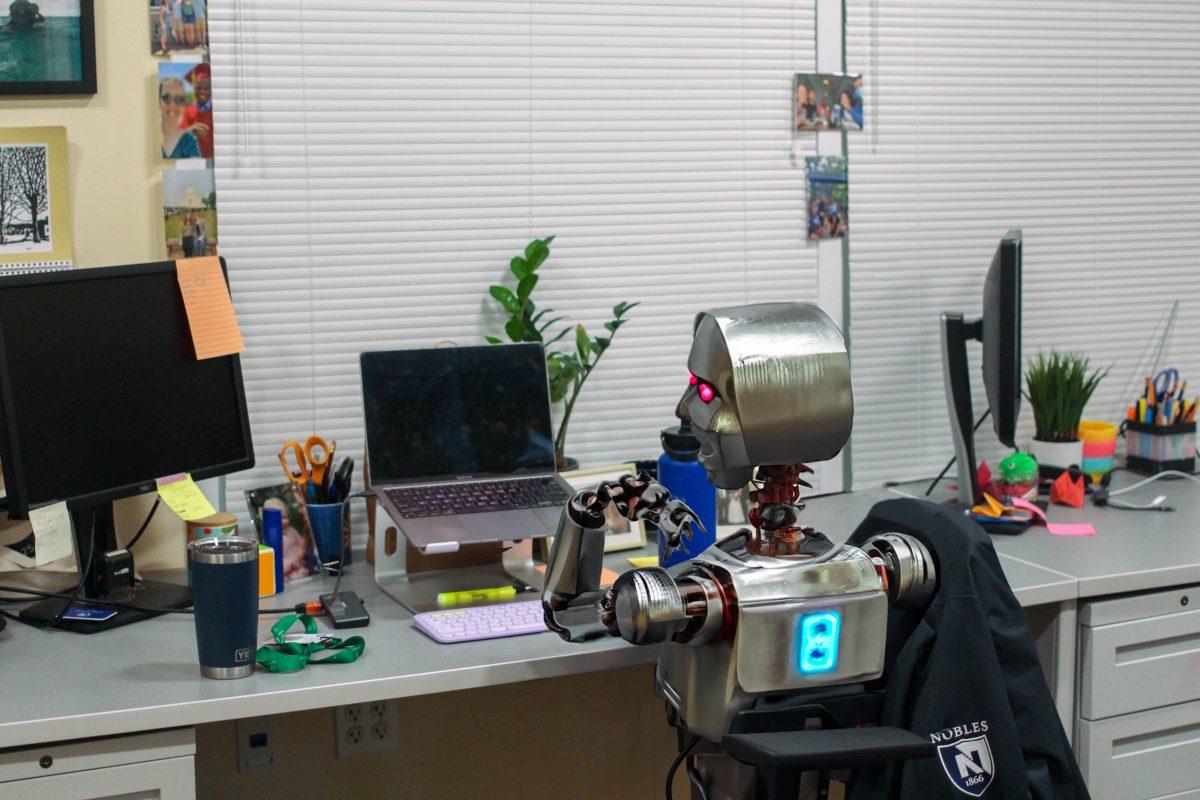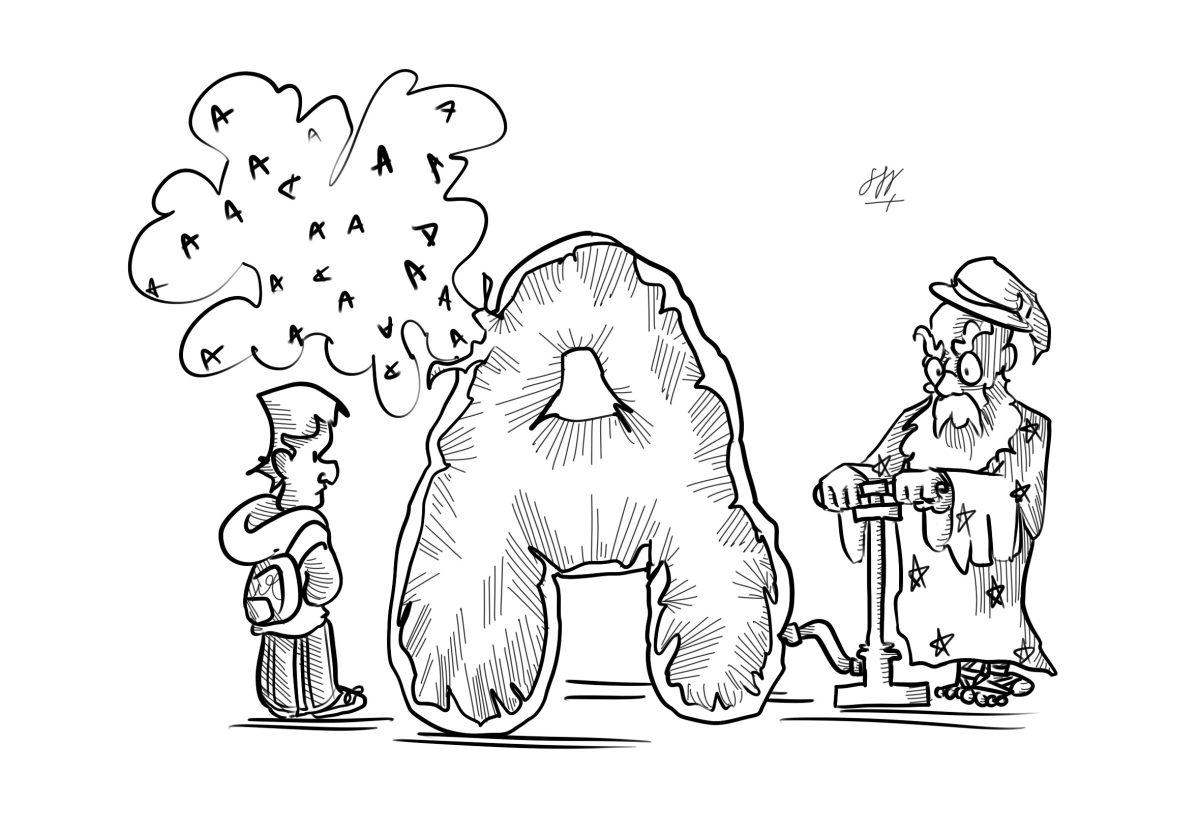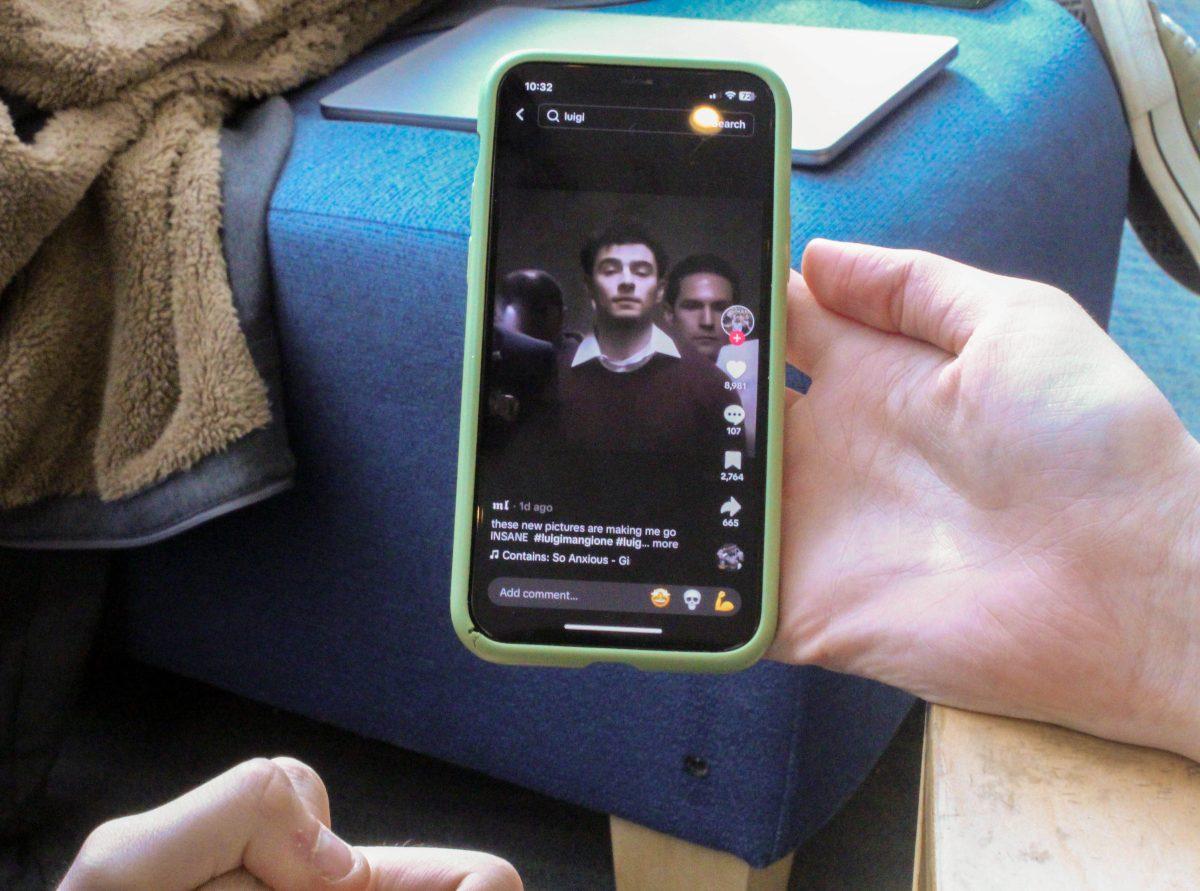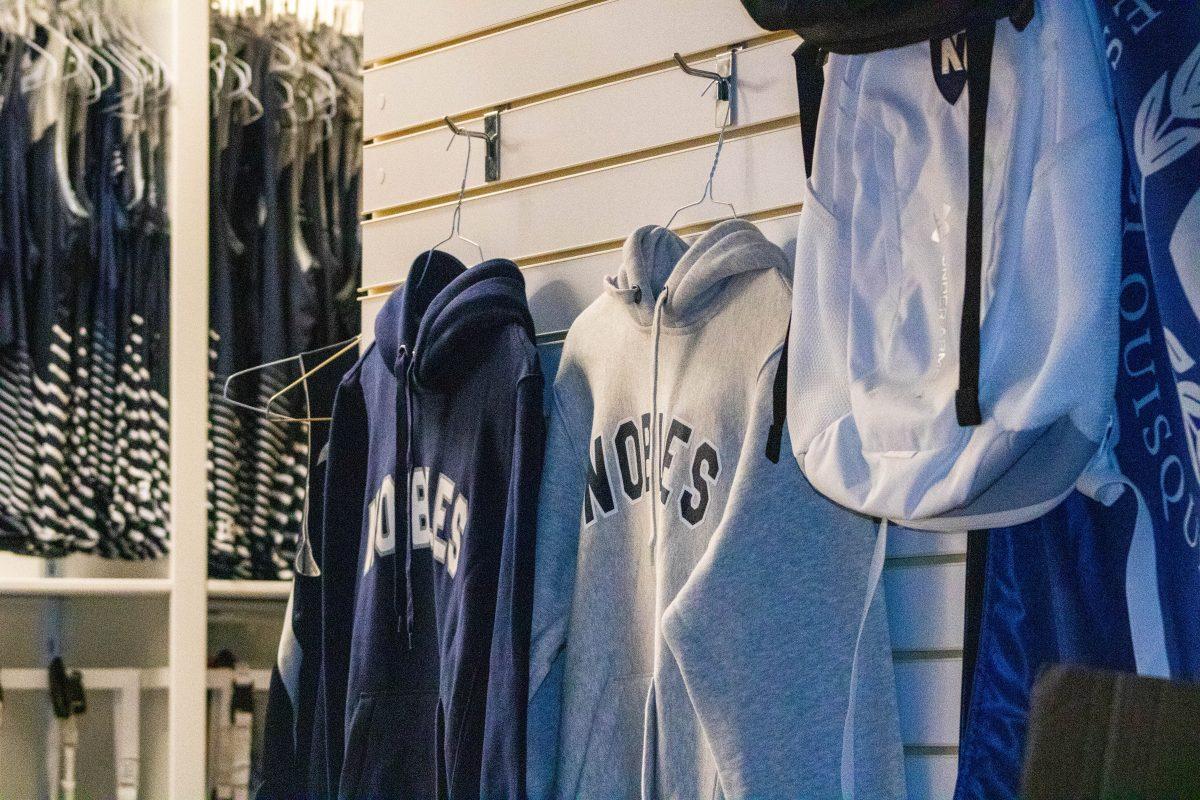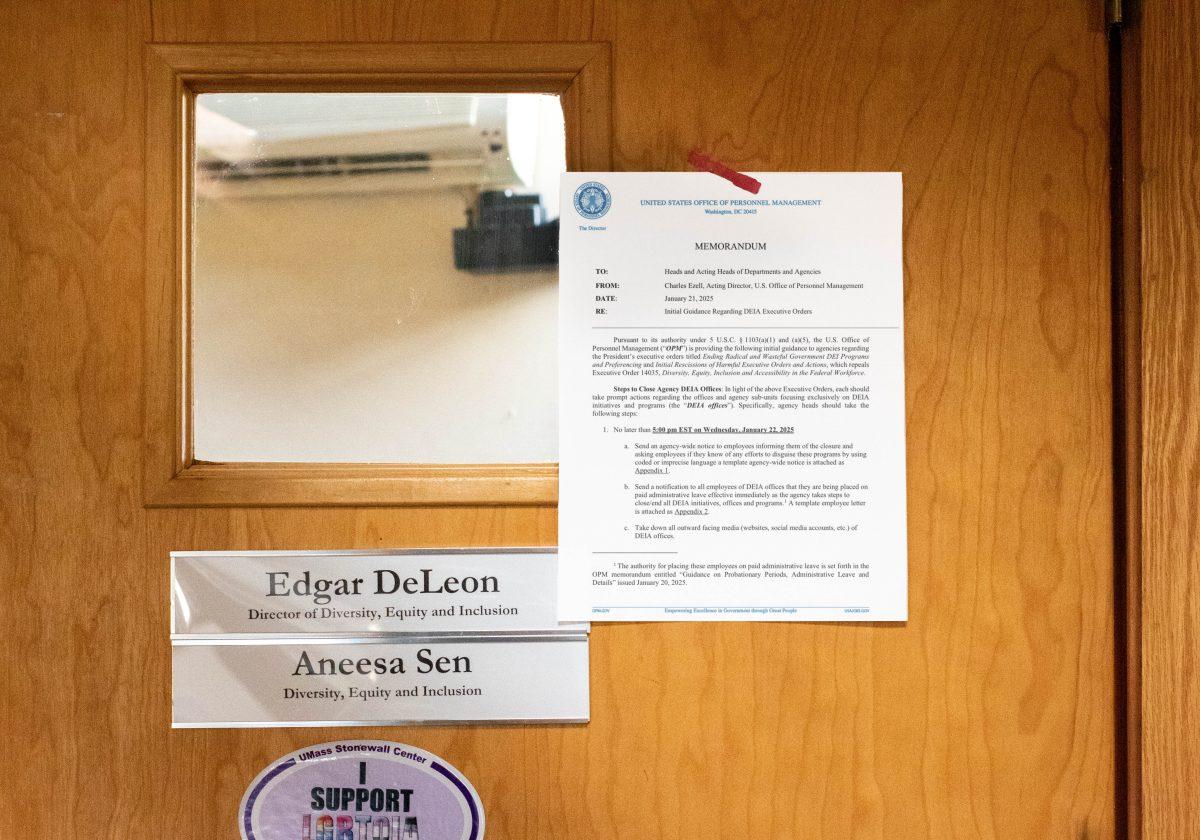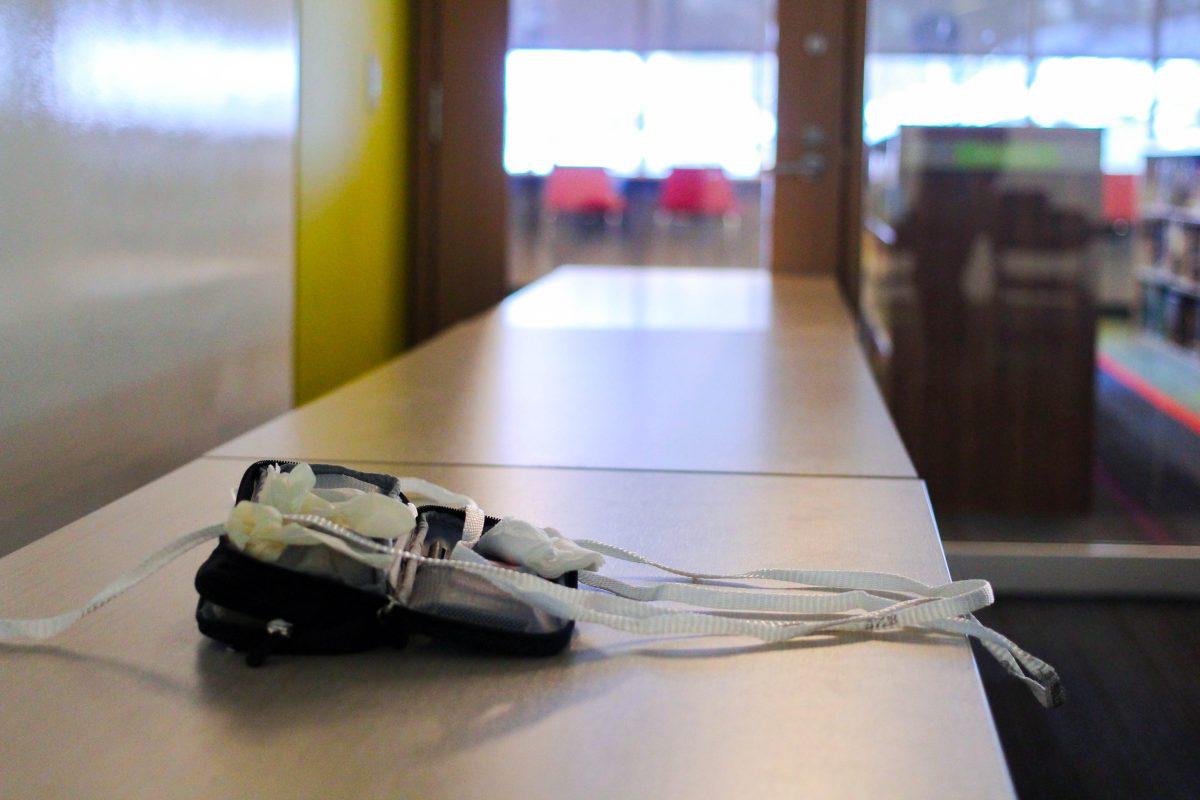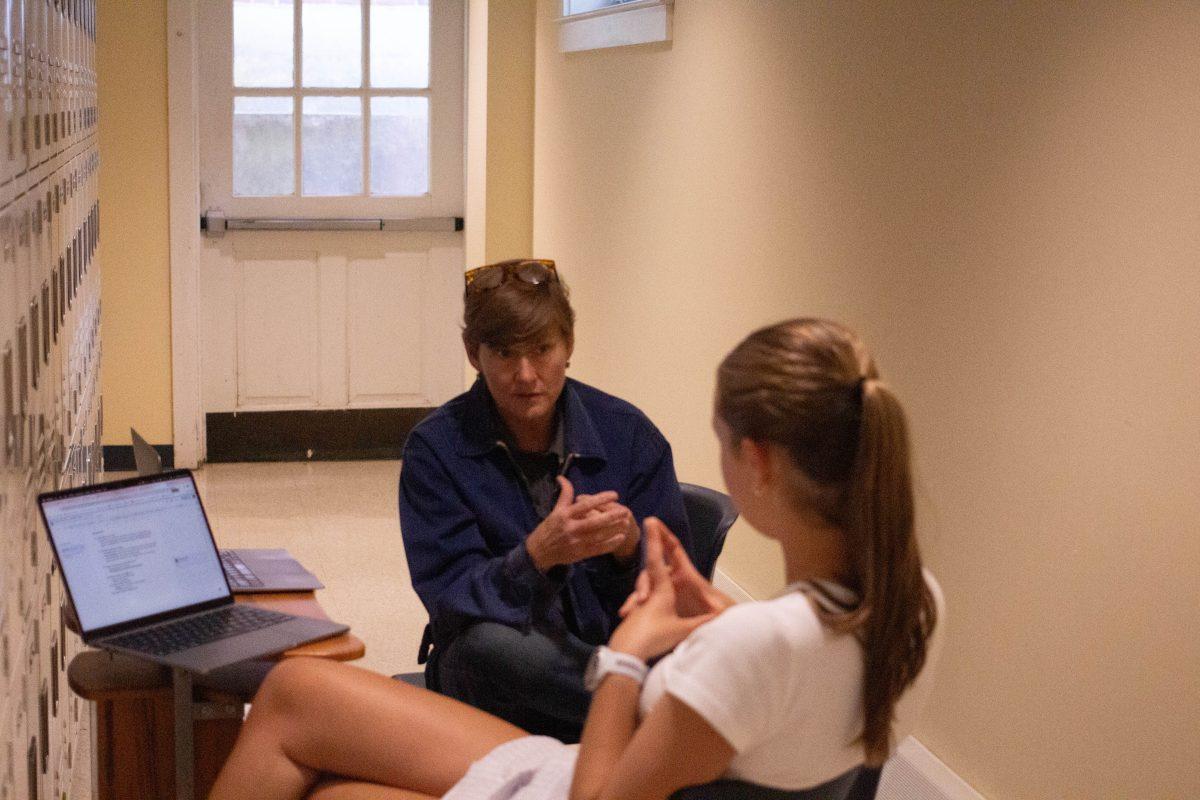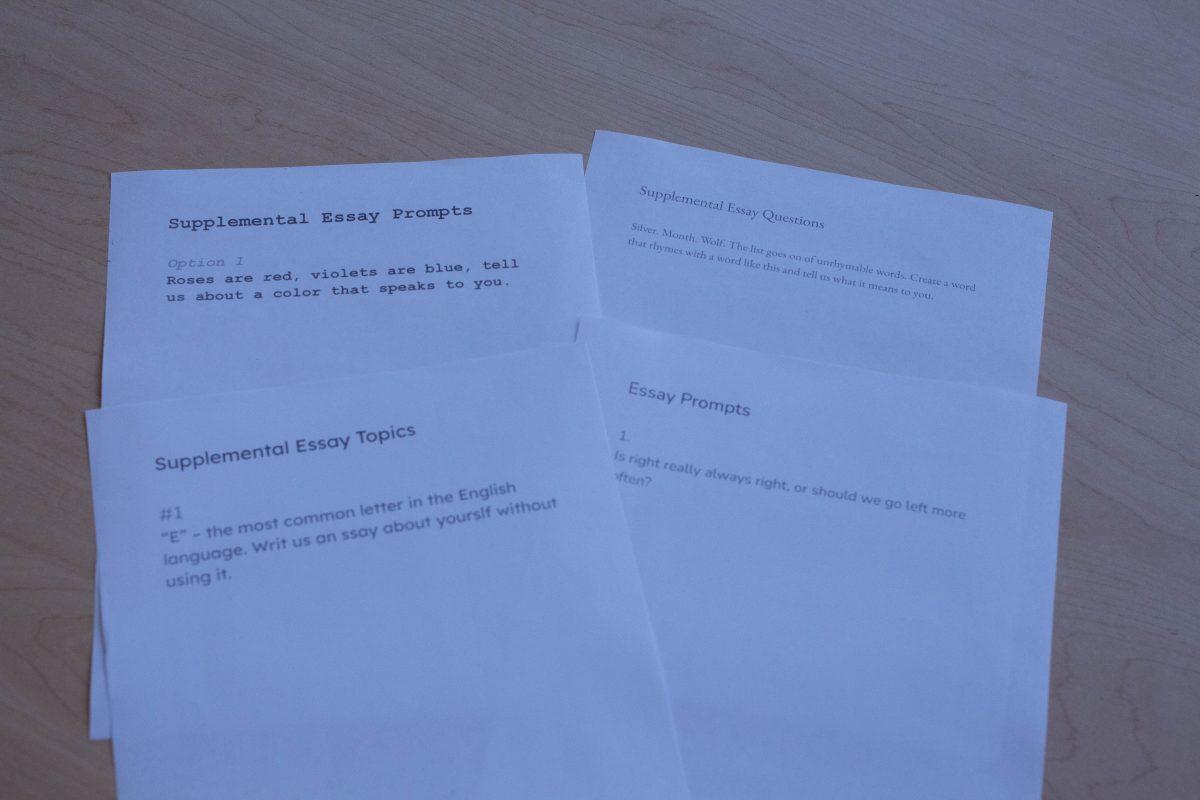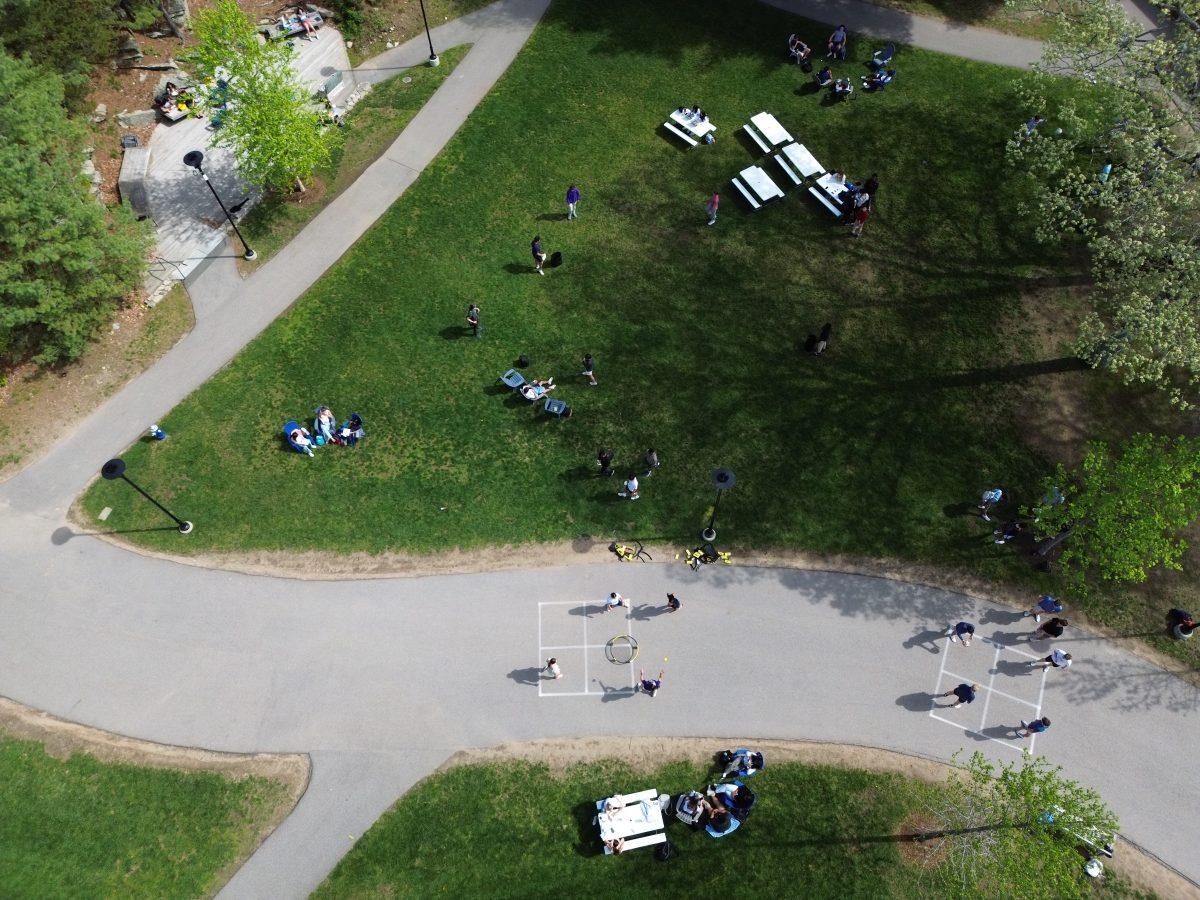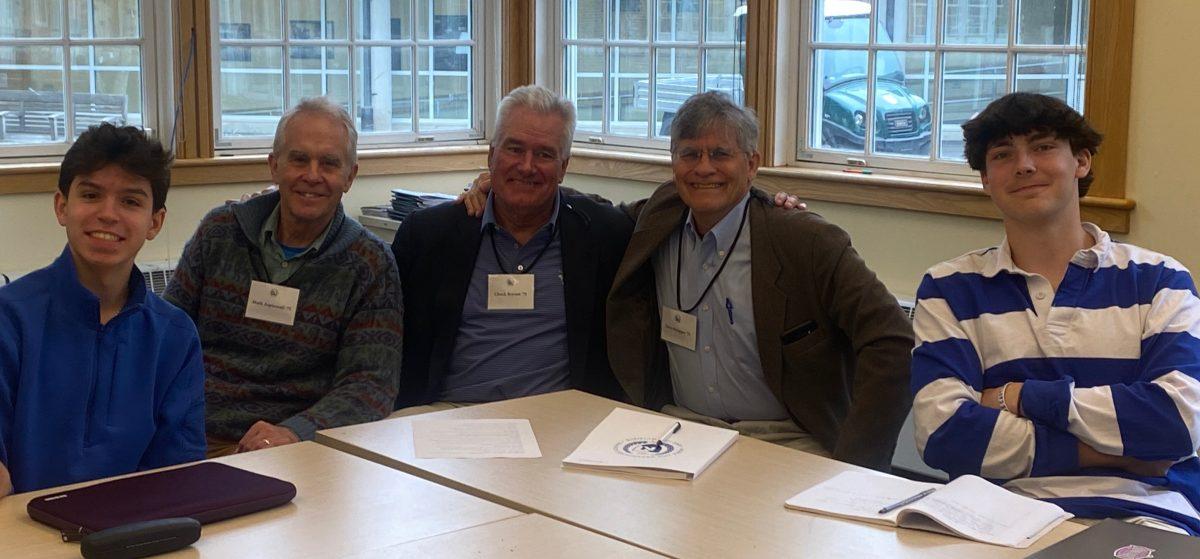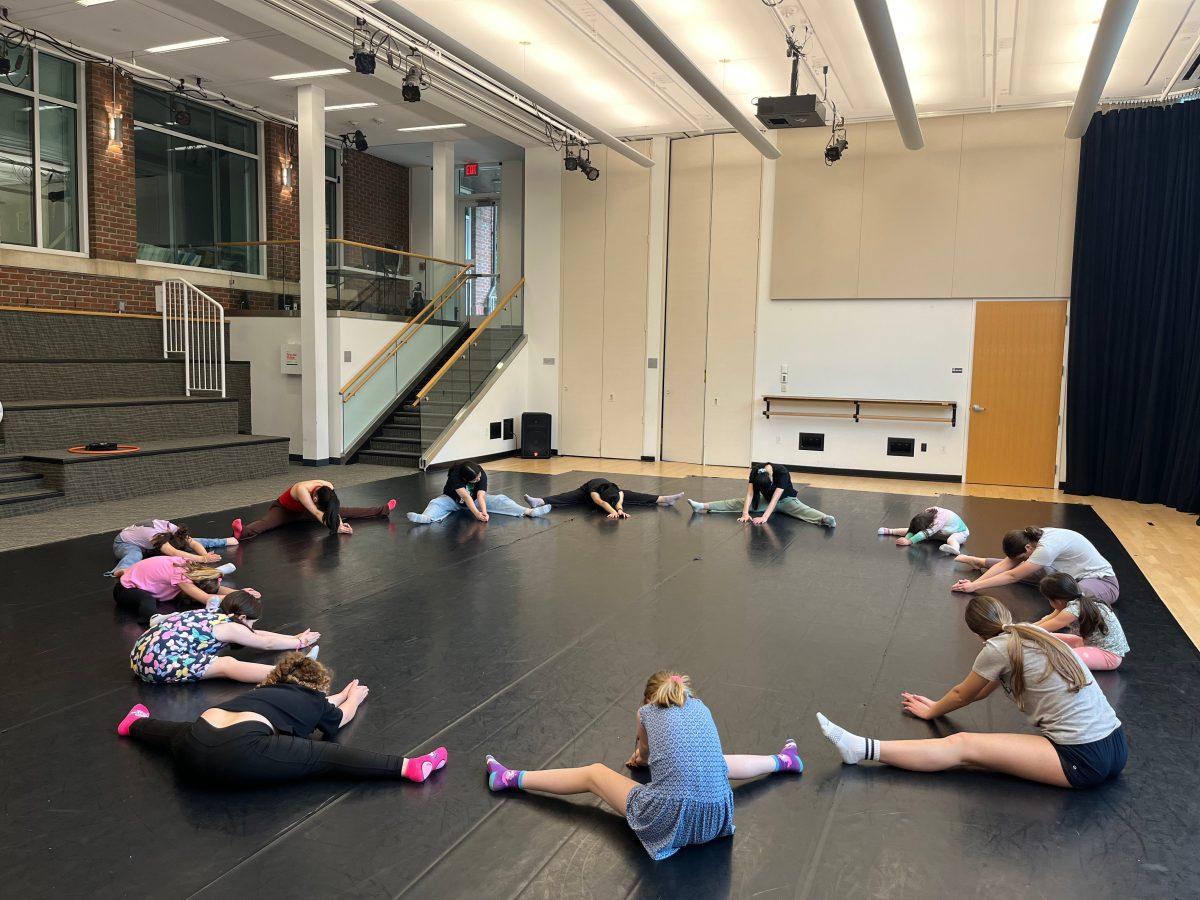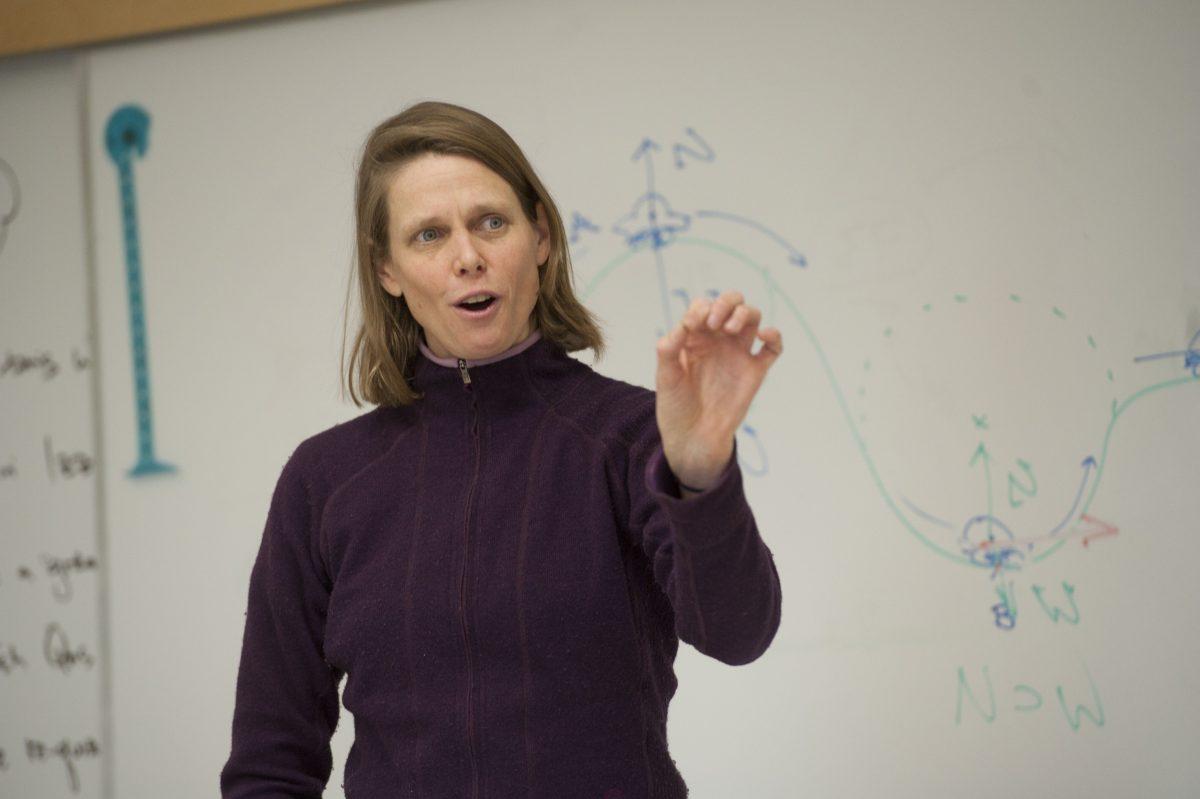In today’s digital world, one in three youth say they’ve seen explicit pornography by the age of 12, equating to roughly 25 million children in the United States alone, and in the majority of cases, they’ve stumbled upon it accidentally (culturereframed.org). According to a 2023 study, 73 percent of teenage respondents aged 13-17 reported having watched pornography online (commonsensemedia.org). Top pornography sites have 700 million more total visits than Amazon and significantly more than TikTok, OpenAI, LinkedIn, Netflix, and The Weather Channel (psychreg.org). Much of this content, shaping children’s ’ perceptions of consent, sexual violence, equality, and relationships at a very young age and without context, can be violent, degrading, and objectifying. However, this issue of explicit digital media goes beyond pornography sites. 80% of youth aged 12-19 reported having sent or received explicit photos (culturereframed.org) and 45% said that they felt pornography gives “helpful” information about sex (commonsensemedia.org). This crisis among teenagers is significantly impacting the sexual well-being of young people today and demands attention.
Dr. Mandy Sanchez, the Director of Programming at Culture Reframed, a science-based global organization that addresses the harms of pornography to youth, said during a phone interview, “In 2025, it would be a detriment for students to not be taught digital media literacy and about the harms of porn. This should be a basic component of sex education. Porn is the wallpaper of kids’ life today and it’s just a few clicks away.”
Unfortunately, the reality at Nobles is that students report not having had discussions surrounding digital media and pornography within the Personal Development (PD) class curriculum. Ella Frushour (Class IV) said, “In my PD class last semester which focused on technology, we did not learn about explicit digital media. That would have been helpful to learn since it’s relevant and does happen.” Many students have echoed this sentiment and believe PD is not providing enough information in order to protect students. “We’ve never talked about technology or sending nudes in sex-ed. I think there’s a lot of focus on identity and there should be more on topics that help our safety,” Alexie Tan (Class II) said. Consequently, students are not prepared to face the harsh realities of technology. Brynn Bryant (Class II) said, “Nobles can feel like such a bubble; real and relevant issues aren’t being emphasized. There needs to be more talk about real, scary things that can happen in the outside world.”
“Nobles can feel like such a bubble; real and relevant issues aren’t being emphasized. There needs
to be more talk about real, scary things
that can happen in the outside world.”
This lack of education prevents students from learning about digital safety and the dangers of the very accessible porn industry, which are essential for proper sex education. “I don’t think the PD classes dedicated to explaining sexual health can be defined as sex ed,” Ben Gelber (Class II) said. It is crucial for sex education to include relevant and modern information in order for students to understand digital media and pornography. “Sex education curriculums should be changing as technology and media are changing. Our access to technology and social media has changed and therefore it has increased our access to online pornography, and pornography itself has changed,” Sanchez said.
“I don’t think the PD classes dedicated to explaining sexual health can be defined as sex ed.”
Explicit media frequently emerges in students’ lives. “I feel like kids are having different experiences today because it’s become very popular to have online relationships and even to start relationships on Snapchat,” Talia Klevens (Class III) said. These online relationships often promote sharing sexually explicit photos, or “nudes.” An anonymous Class II student said, “There’s definitely a social culture around nudes. It’s considered cool if you receive them, or send them, or whatnot.” Despite the fact that people often associate this culture with high school-aged kids, it may be prevalent as early as middle school. “I think that talking and teaching about nudes is more relevant in middle school than people think. Obviously, sending [and] receiving nudes is a thing that happens and kids do make mistakes. In middle school, that type of stuff spreads more than in high school because no one has privacy consideration,” Bryant said. Yet, it seems that the school has been aware and negligent of explicit digital media’s presence in students’ lives. Bryant said, “Kids at Nobles are totally exposed to stuff online. There have even been incidents related to that here that the school knows about and I think there should have been a real, serious talk about digital media and pornography.”
“There’s definitely a social culture around nudes. It’s considered cool if you receive them,
or send them, or whatnot.”
Social media, beyond serving as a popular platform to share explicit photos, provides some adolescents with the majority of their sex education, promoting inaccurate information. “I would definitely say that technology does play a major role in how kids learn about sex-ed, especially nowadays. There’s so many mixed ideas on social media and it’s hard to trust all of the information you see,” Cesar Miranda (Class II) said. This trend is reflected in the anonymous questions students ask within their PD classes. Nobles Gender and Sexuality Specialist Talya Sokoll, who is in charge of the PD curriculum and teaches the class every year, said, “It’s apparent from some of the anonymous questions that students write at the end of each class that kids are getting a lot of their knowledge regarding sex ed from TikTok and Instagram, which could potentially be harmful.” Students believe that these dangers should be highlighted within the PD curriculum and discussed openly. “Considering that we’re living in a different generation now where everything is affected by social media, it is really important and relevant to talk about it,” Matthew Newman (Class II) said.
Although digital media and pornography are not adequately incorporated into Nobles’ sex education, there is overwhelming student support for their inclusion. Jack Babka (Class II) said, “I think that digital media and pornography should be talked about because that’s definitely a relevant problem in today’s world.” Without these topics being taught in PD, it is possible that students will never receive critical information as teenagers in this digital age. “It’s definitely important for students to learn about what’s happening in today’s society–especially since there’s a lot of topics that they might not learn from their parents–and I think PD is a really good space to implement those discussions,” Gelber said. While it would be much easier to believe that Nobles students are protected from the dangerous reality of technology, students deserve education and discussions in order to understand the world around them. Bryant said, “Being able to have these tough and awkward conversations is very important because stuff like this does actually happen to real people and we all have to be careful.”
“I want young people to know that you are worth[…]the conversation and investment in education. We encourage you to seek out medically accurate information and tell your teachers, administrators, and parents, that you are worth this type of education and you should demand it.”
In the future, Nobles hopes to adapt its PD curriculum to better fit the times. “There have always been conversations about where education surrounding pornography and its negative effects on youth fit in and how we address it. I think that now is as good of a time as any to make sure that’s something that’s being taught,” Sokoll said. “My hope would be that we have enough adults in this school who are knowledgeable and who can have these frank conversations. Hopefully, that will happen going forward.” Student sentiments indicate they would also welcome a curriculum change.
Regarding advice for teenagers who are living through this harsh and confusing digital age, Sanchez said, “I want young people to know that you are worth[…]the conversation and investment in education. We encourage you to seek out medically accurate information and tell your teachers, administrators, and parents, that you are worth this type of education and you should demand it.”

